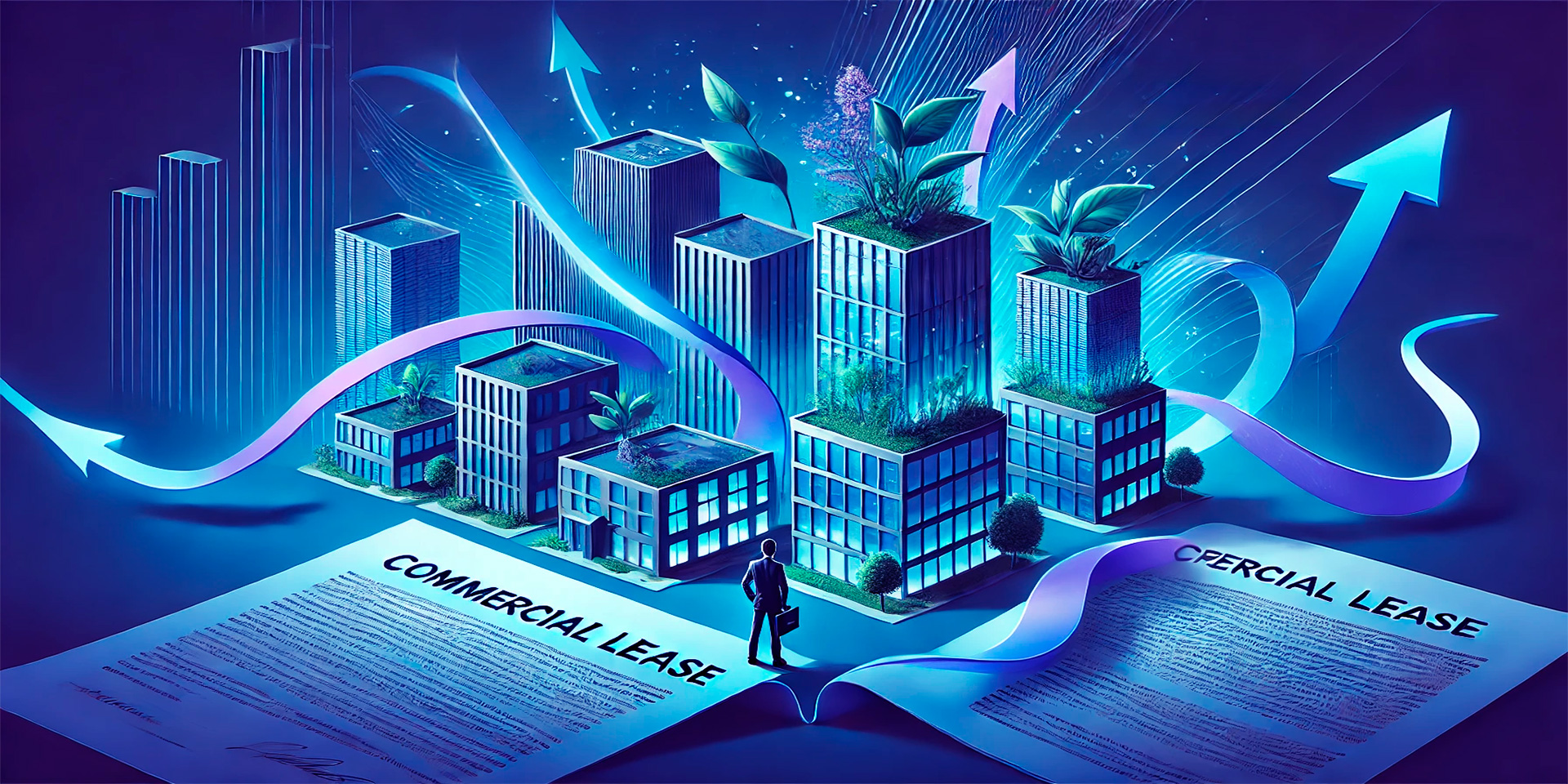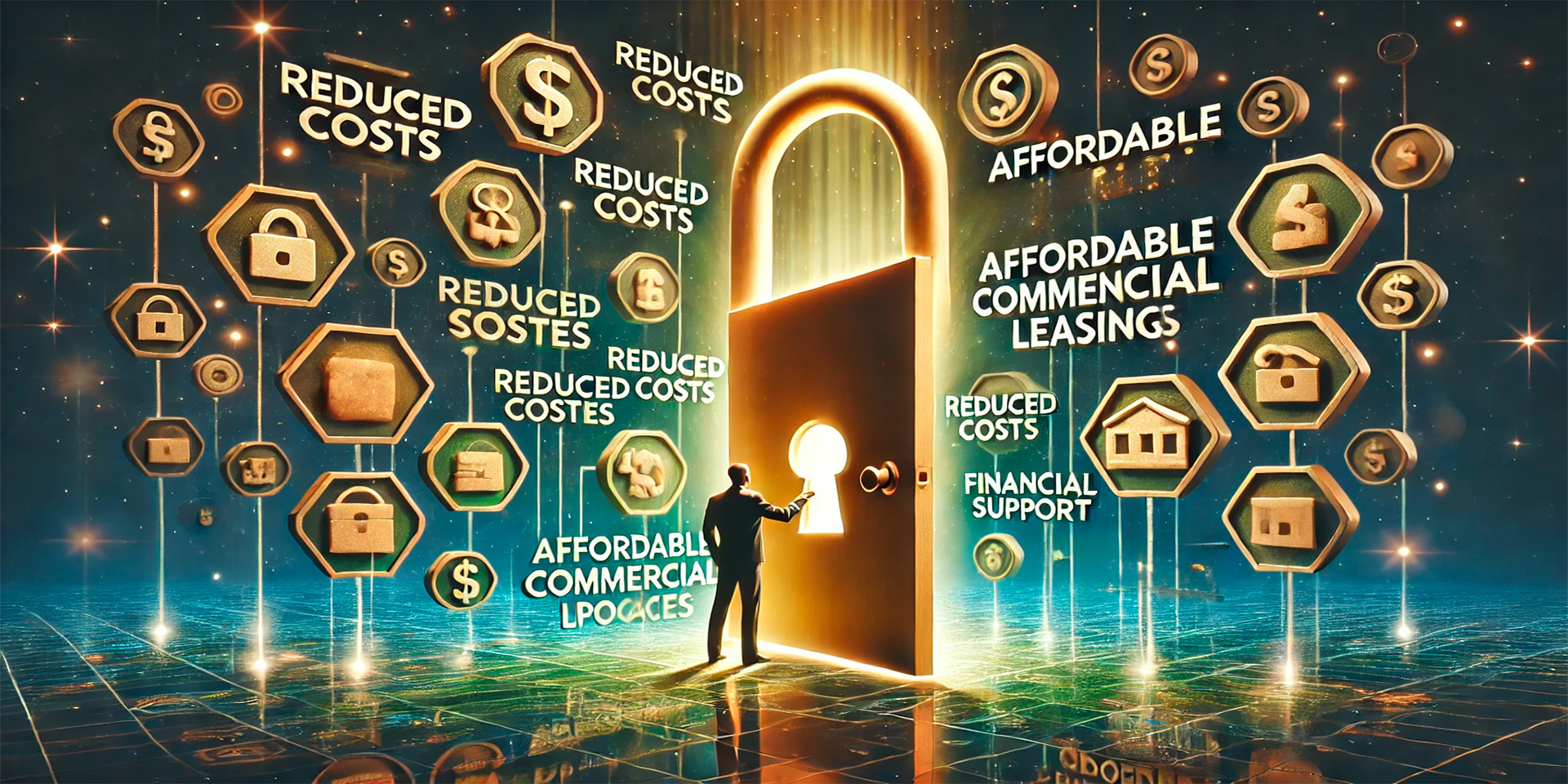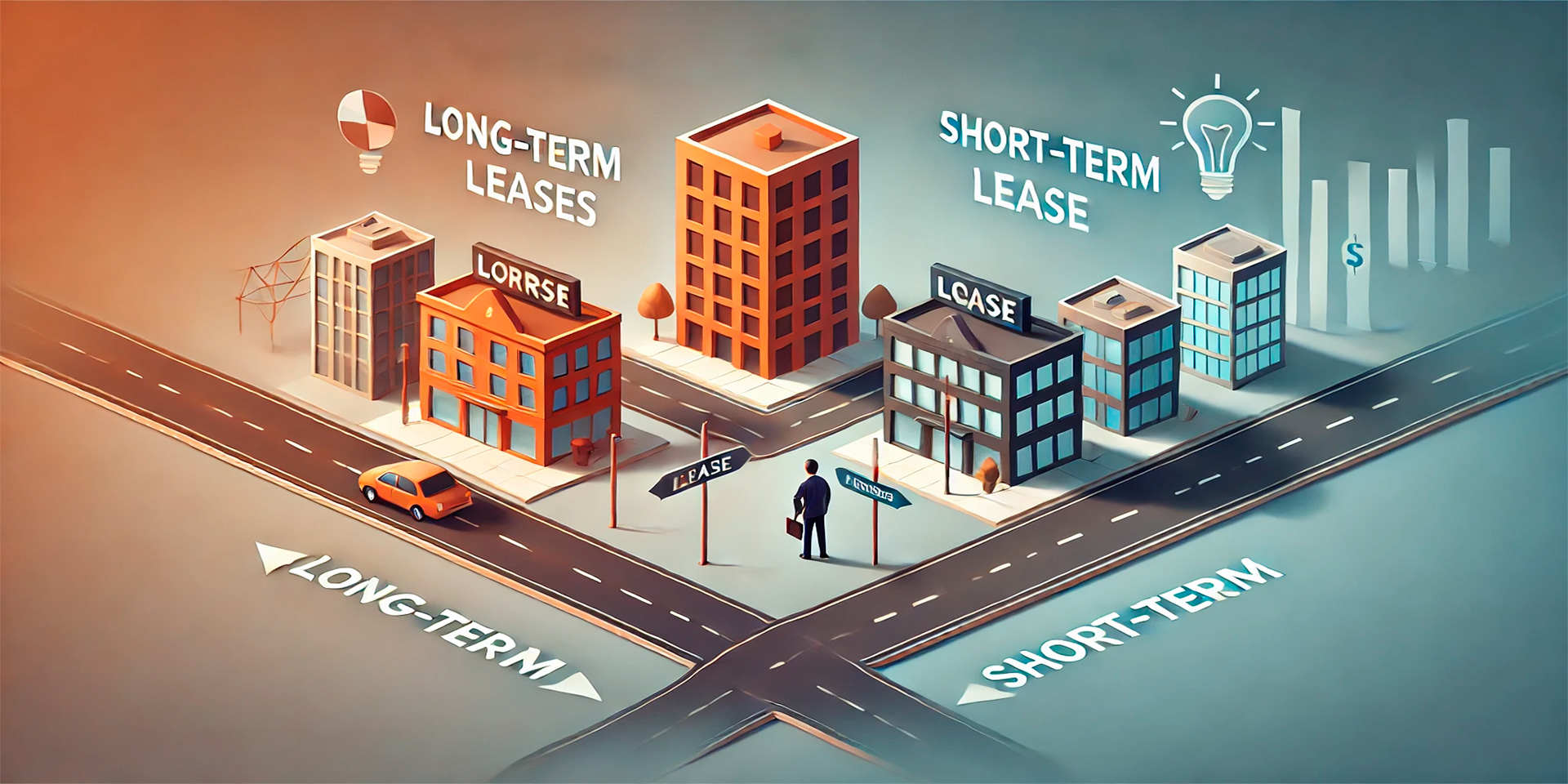Choosing the right commercial space for your business is a critical decision that can impact your company’s growth and success. As your business expands, your space requirements may change, and selecting a lease that offers flexibility and scalability is essential. Leasing a space that can grow with your business ensures that you can accommodate future growth without the need to frequently relocate or deal with space constraints. In this article, we’ll explore how to lease a commercial space that aligns with your long-term goals and adapts to your business’s evolving needs.
Understanding Your Business Growth Trajectory
Before signing a lease, it’s crucial to evaluate your business’s potential for growth over the lease term. Consider factors such as your business plan, projected revenue growth, and staffing needs to understand how your space requirements might change. A space that works for your current size may not be suitable in two or three years if your business expands rapidly.
By planning for growth, you can choose a space that accommodates these future needs while still being appropriate for your current operations.
Evaluating the Right Lease Term
When leasing commercial space, it’s important to think about the lease term and how it aligns with your business growth plans. A short-term lease may provide more flexibility if you’re unsure about how quickly you’ll need more space. However, a long-term lease can offer stability and lock in rental rates, protecting you from market fluctuations.
Consider negotiating a mid-term lease with an option to renew, which gives you the flexibility to stay if the space continues to meet your needs or move on if you require something larger.

Choosing a Space That Offers Flexibility
Leasing a space that allows for future growth is essential for businesses expecting expansion. Look for properties that offer scalable layouts, expandable options, or flexible lease terms that can accommodate your evolving needs.
Scalable Space and Layout Options
One way to ensure your commercial space can grow with your business is by selecting a location that offers scalable layouts. Look for properties with modular or open-plan designs that allow you to reconfigure the space as your business grows. An open floor plan provides flexibility in adding more workstations, conference rooms, or storage areas without the need for major renovations.
Additionally, some commercial buildings offer shared spaces or co-working environments, where you can scale up or down as your needs change. These types of flexible spaces allow businesses to adjust their footprint without moving locations.
Expansion Clauses in the Lease
When negotiating a lease, it’s worth discussing an expansion clause. An expansion clause allows your business to occupy additional square footage within the building as it becomes available. This means you can grow your business without the hassle of relocating, especially if the building has available space on another floor or in an adjacent unit.
These clauses can be a powerful tool for businesses that are in growth mode but are unsure exactly when they’ll need more space. Having this option in your lease gives you the peace of mind that you can expand when the time comes.
Location Considerations for Growing Businesses
The location of your commercial space is another important factor to consider when planning for future growth. A good location will not only serve your current customer base and employees but will also support the long-term growth of your business.
Accessibility and Transportation
As your business grows, you may need to attract new talent or expand your customer base. A location that is easily accessible by public transportation, major highways, or near key business districts can help you scale more effectively. Make sure the area has the infrastructure to support a growing business, such as sufficient parking, public transport links, or amenities for employees.
Proximity to Suppliers and Partners
Consider leasing a space that’s in close proximity to key suppliers, business partners, or clients. As your business grows, maintaining close connections with these stakeholders will be essential. A strategic location can help minimize logistics costs and reduce delivery times, which becomes more important as your business scales.

Financial Considerations for Future Growth
Leasing a commercial space involves a significant financial commitment, and it’s important to factor in how your financial needs may evolve as your business grows. Flexibility in lease terms, rental rates, and financial incentives can ensure that your business doesn’t become constrained by financial burdens as you expand.
Negotiating Flexible Rental Rates
Rental rates can rise over time, and for a growing business, increasing lease costs can eat into profits. When negotiating your lease, see if you can secure fixed rental rates or rent caps to limit how much your rent will increase annually. This gives you predictability in budgeting and allows for more accurate financial forecasting as your business grows.
Alternatively, some landlords may offer graduated leases, where your rent starts at a lower rate and gradually increases over time. This type of agreement can be beneficial for businesses that expect growth but want to keep initial costs low.
Tenant Improvement Allowances
As your business grows, you may need to customize your space to fit new operational needs. Many landlords offer tenant improvement (TI) allowances, which provide funding for renovations or upgrades to the leased property. Negotiating a TI allowance during your lease agreement can help you modify the space to accommodate future growth without bearing the full financial burden yourself.
In some cases, landlords may also agree to allow you to defer part of your TI allowance for use in the future, giving you flexibility if you need to expand or reconfigure the space down the line.
Understanding the Impact of Business Growth on Lease Terms
As your business grows, it’s important to understand how certain lease terms can impact your ability to scale. Look closely at clauses that may limit your flexibility or increase costs as your operations expand.
Assignment and Subleasing Options
One potential issue for growing businesses is the need to relocate to a larger space before the lease expires. In this case, having assignment or subleasing options can be invaluable. Assignment allows you to transfer your lease to another tenant if you outgrow the space. Subleasing, on the other hand, enables you to rent out part or all of the space to another business while still being the primary tenant.
Both options can provide financial relief if you need to expand or downsize quickly, ensuring that you’re not locked into a space that no longer meets your needs.
Renewal Clauses and Negotiation Opportunities
Many leases include renewal options that allow the tenant to extend the lease under agreed-upon terms. Negotiating favorable renewal terms gives your business the flexibility to stay in the same location if it continues to meet your needs or move on if it doesn’t.
If you’re confident in the location but unsure about future space requirements, having a right of first refusal on additional space within the building can give you a competitive edge if you need to expand. This clause ensures that you have the first opportunity to lease adjacent space before the landlord offers it to other tenants.
Conclusion: Leasing for Long-Term Business Growth
Leasing a commercial space that can grow with your business requires careful planning and consideration. By choosing a flexible lease, negotiating key clauses, and ensuring your location supports future expansion, you can create a foundation that allows your business to thrive as it scales.
Whether through scalable layouts, expansion clauses, or financial incentives like tenant improvement allowances, the right lease can accommodate your business’s growth while maintaining financial stability. By thinking ahead and planning for the future, you can lease a space that evolves with your business and supports your long-term success.




